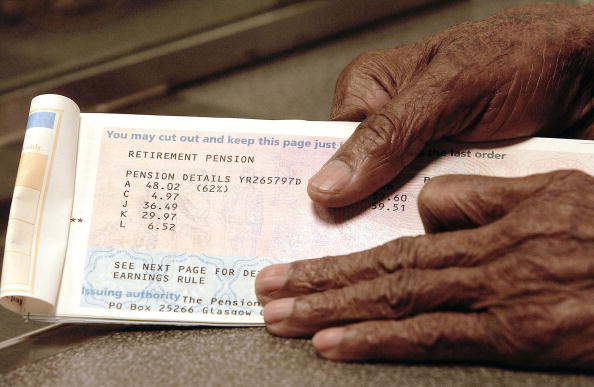Wrong state pension forecasts sent to 360,000 savers after Whitehall blunder

The government has admitted “significant” problems with state pension forecasts, after revealing hundreds of thousands of people have received erroneous information.
Read more: Amber Rudd gives pensions dashboard project green light
Three per cent of pensioners may have made financial decisions based on false information sent by the government since 2016. This amounts to about 360,000 people who have received incorrect state pension forecasts.
Members of the public have received online statements which are inconsistent with earlier written statements. The more recent online statements have been incorrect.
In some cases, new forecasts were more than £1,500 a year higher than people expected. The Department for Work and Pensions (DWP) initially called the forecasts isolated errors, and that it had corrected them.
‘A significant problem’
But pensions minister Guy Opperman has admitted the problem is more widespread. He said: “There is a significant problem here,” in a letter to former pensions minister Sir Steve Webb.
Omission or errors “will be rectified” before people retire, he added. “I have asked officials to explore options to further enhance the accuracy of the information held with National Insurance records and how we use that information to calculate a person’s state pension forecast.”
Webb wrote to Opperman asking him to identify if there was a systematic problem with state pension forecasts.
The Department for Work and Pensions is pushing for savers to use online tools to make retirement decisions. Schemes such as the pensions dashboard, which will come in over the next few years, will rely on the data.
Read more: Industry veteran Chris Curry to lead pensions dashboard delivery group
“It is therefore very worrying that hundreds of thousands of people may have received incorrect state pension forecasts and in some cases will have taken decisions about their retirement plans on the basis of incorrect information.”
He urged the government to put an “urgent stop” to the problem. Webb is director of policy at Royal London.